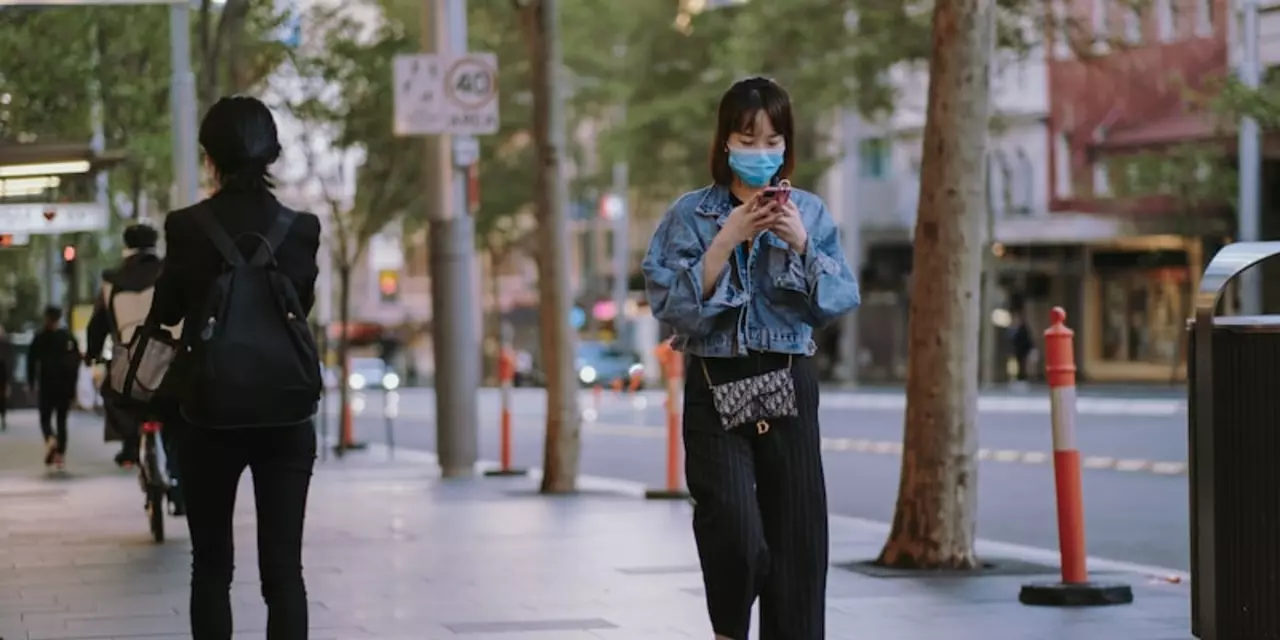Understanding Restrictions in India: A Simple Guide
Ever felt confused by a rule that suddenly popped up? Whether it’s about checking your ration card, traveling, or using a service, restrictions are everywhere. This page breaks down the most common types of restrictions you’ll meet in India and shows you how to deal with them without hassle.
Why Restrictions Exist
First off, restrictions aren’t there to mess with you—they’re meant to keep things fair, safe, and organized. Governments set limits on resources like food rations, set age caps for certain activities, or impose health rules during emergencies. Knowing the why helps you accept the what.
Everyday Restrictions You’ll Encounter
Ration Card Checks – By 2025 most states let you verify your ration card online. You’ll need your Aadhaar linked to the NFSA portal or the Mera Ration app on UMANG. If your status shows “pending”, follow the e‑KYC steps again and keep an eye on the expiry date.
Travel Limits – Certain zones may have curfew hours or vehicle caps. The best move is to download the official state transport app, input your route, and see if any road blocks or entry permits are required.
Health Guidelines – During health scares, masks, temperature checks, and vaccination proof can become mandatory. Store digital copies of your vaccination certificate on your phone; most venues scan QR codes instantly.
Financial Rules – Loans, credit cards, and even online payments have limit thresholds. Banks send alerts when you approach a limit. You can request a temporary increase through the bank’s chatbot or phone line.
Each of these restrictions has a clear step‑by‑step way to comply. The trick is to know where the official source lives—usually a government portal or a trusted app.
Now, what if a restriction blocks you? Don’t panic. Most rules have an appeal or correction process. For a rejected ration card, the portal usually shows a “reason” field. Fix the missing document, then resubmit. For travel bans, you can apply for a special permit online if you have a valid reason like medical emergency.
It’s also smart to keep backups. Save PDFs of your Aadhaar, ration card, and any permits on a cloud drive. If your phone dies, you’ll still have the files to show the authorities.
Finally, stay updated. Rules change, especially after elections or during crises. Subscribe to official SMS alerts from your state’s public service department or enable push notifications on the UMANG app. A quick glance each morning can save you from unexpected hiccups.
Bottom line: restrictions are part of daily life, but they’re not a dead end. With the right apps, a bit of paperwork, and a habit of checking official sources, you can move through them smoothly. Keep this guide handy, and the next rule you meet will feel less like a roadblock and more like a simple checkpoint.
Posted by
Arvind Suryavanshi
0 Comments

The Covid-19 pandemic has affected people across the world, and India is no exception. A number of restrictions have been imposed to curb the spread of the virus, which has resulted in economic distress for many people. To help traders make up for some of the losses, the government has allowed relaxation of some of the restrictions during the festival of Bakrid. This will facilitate people to buy and sell items, and help traders conduct business.
read more